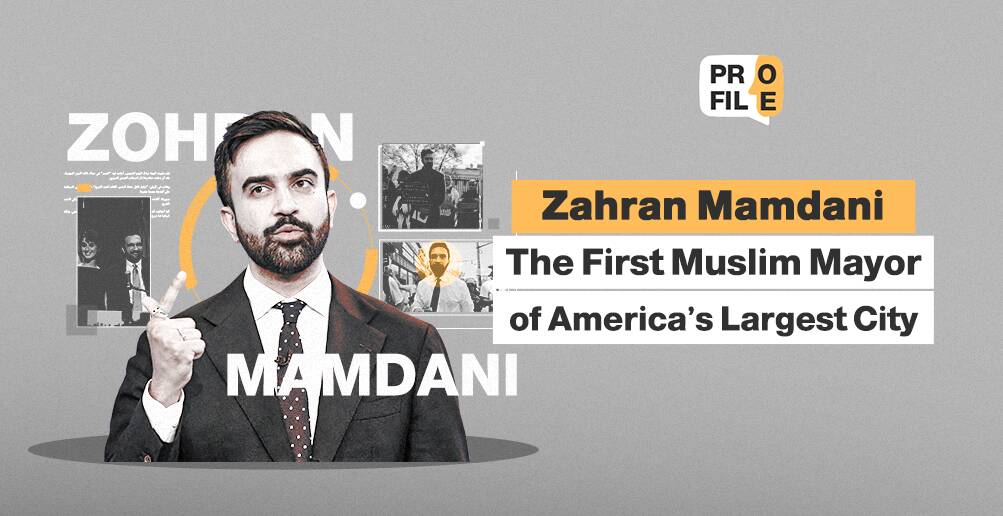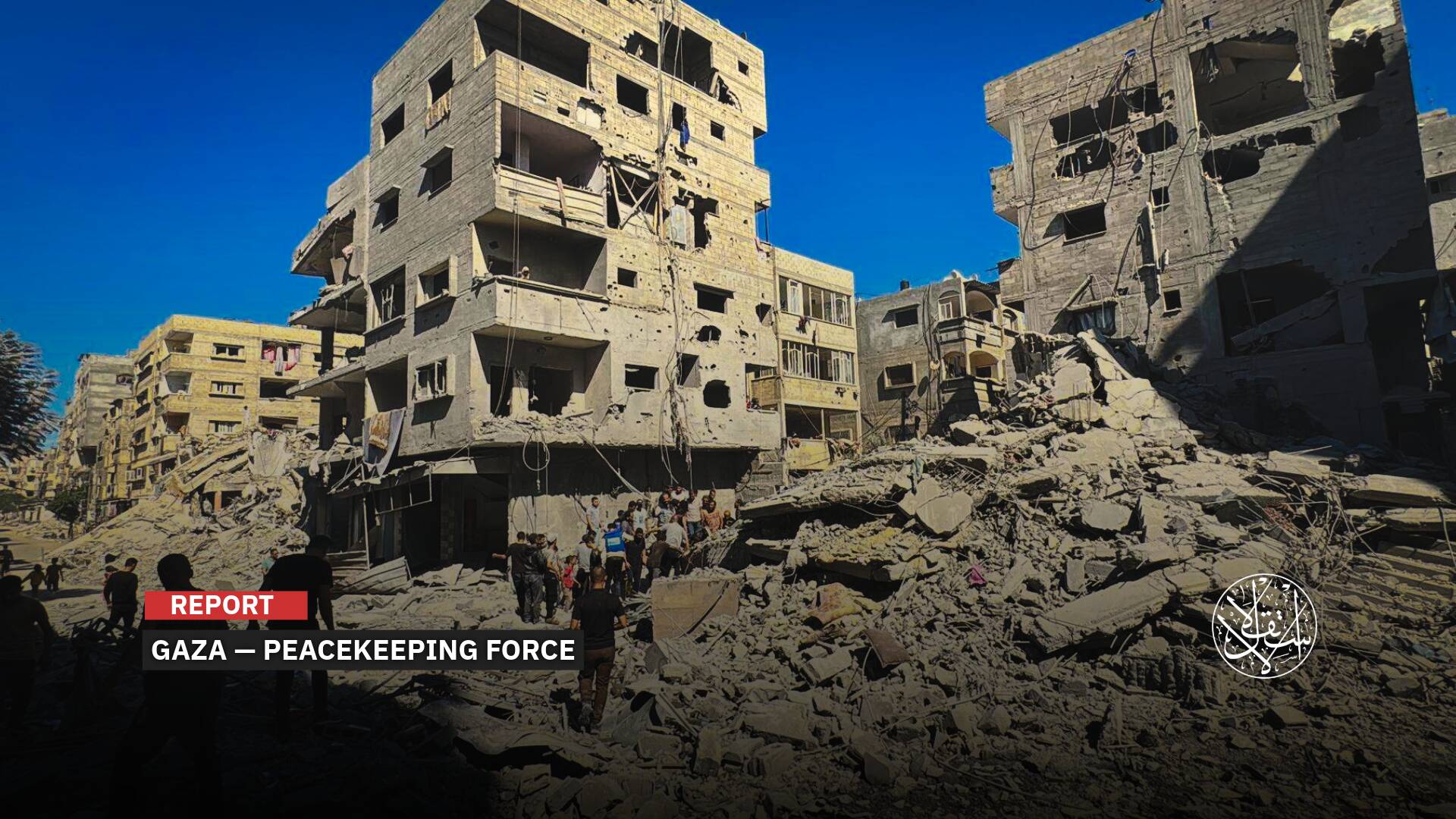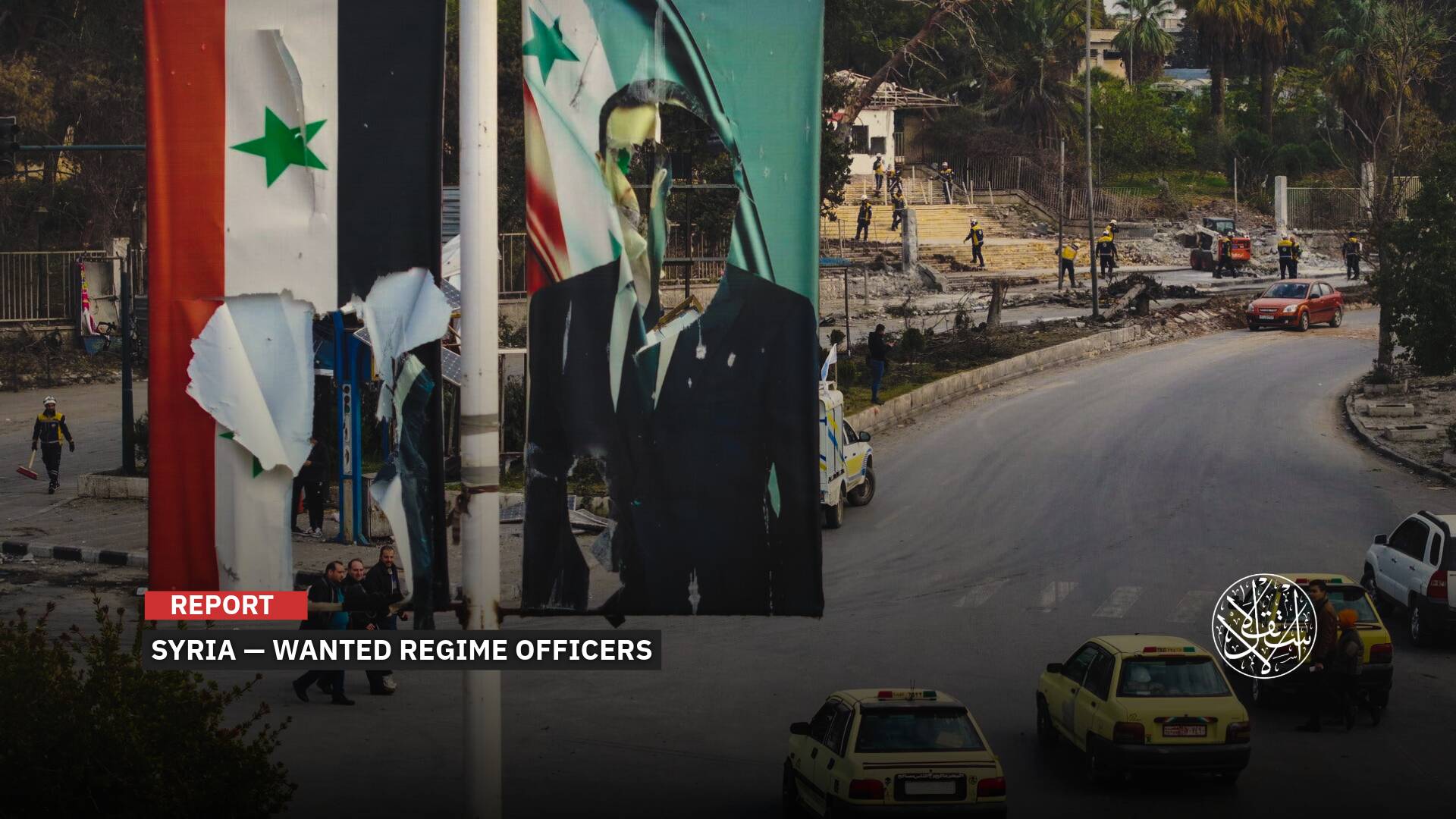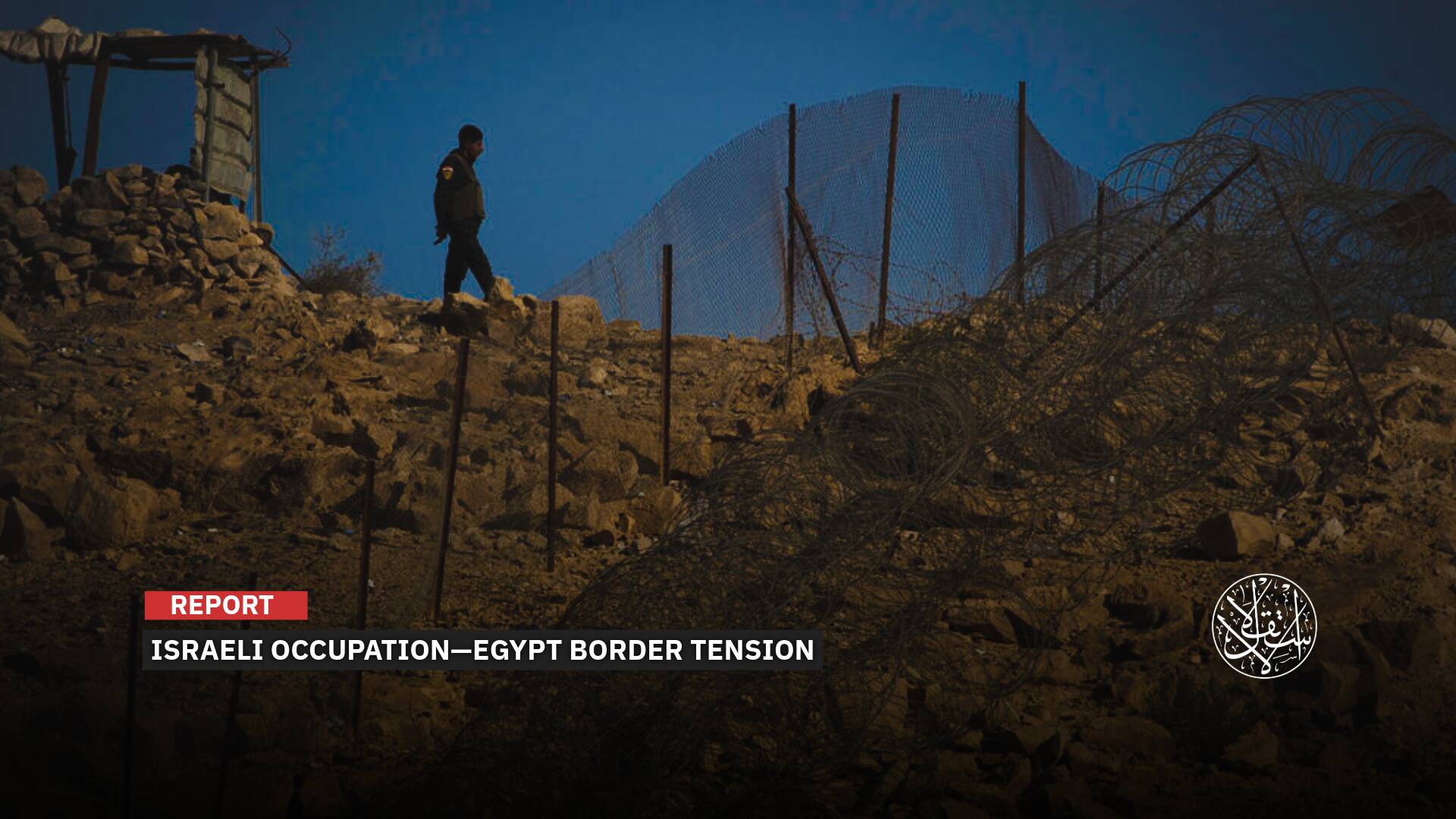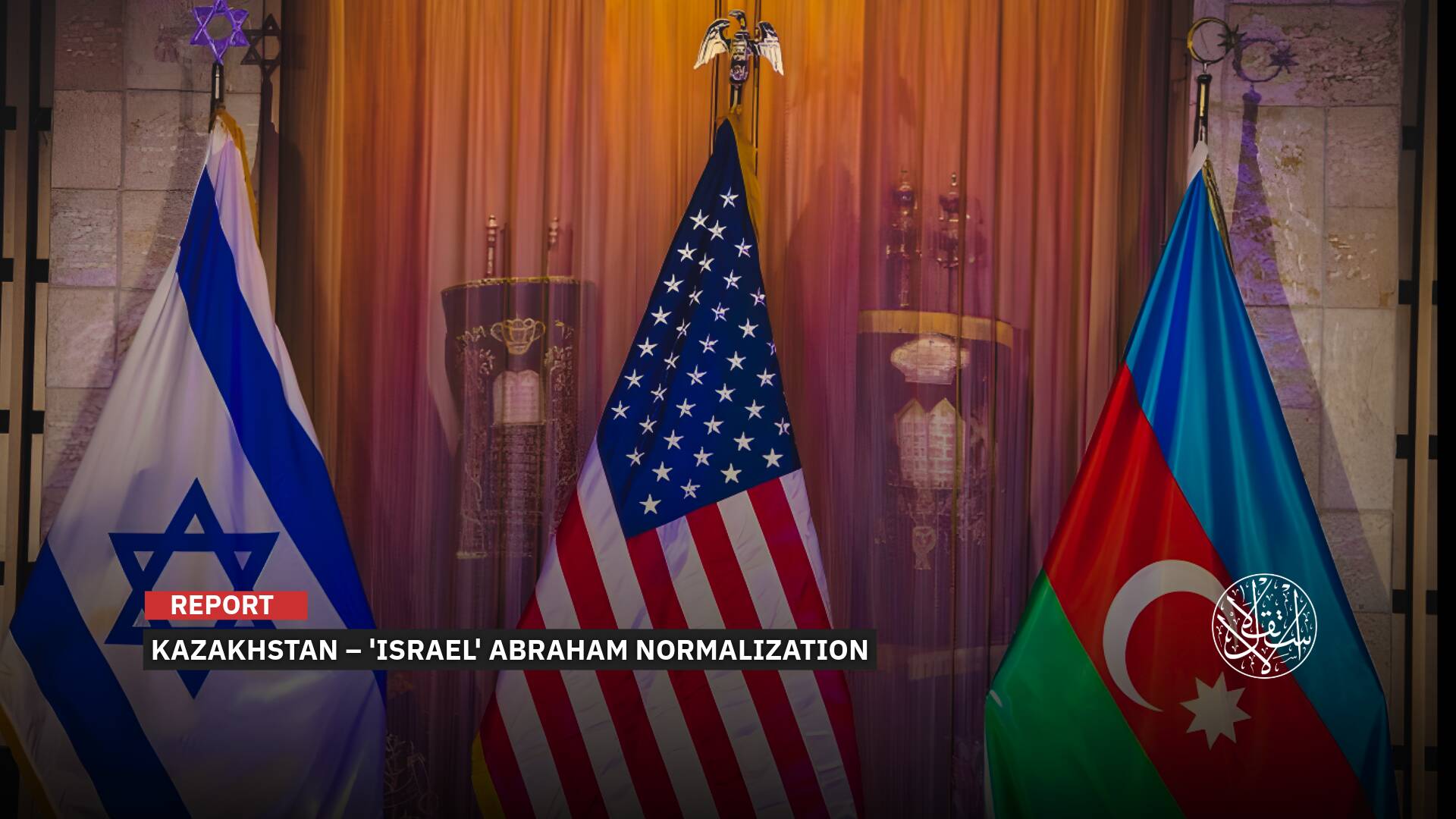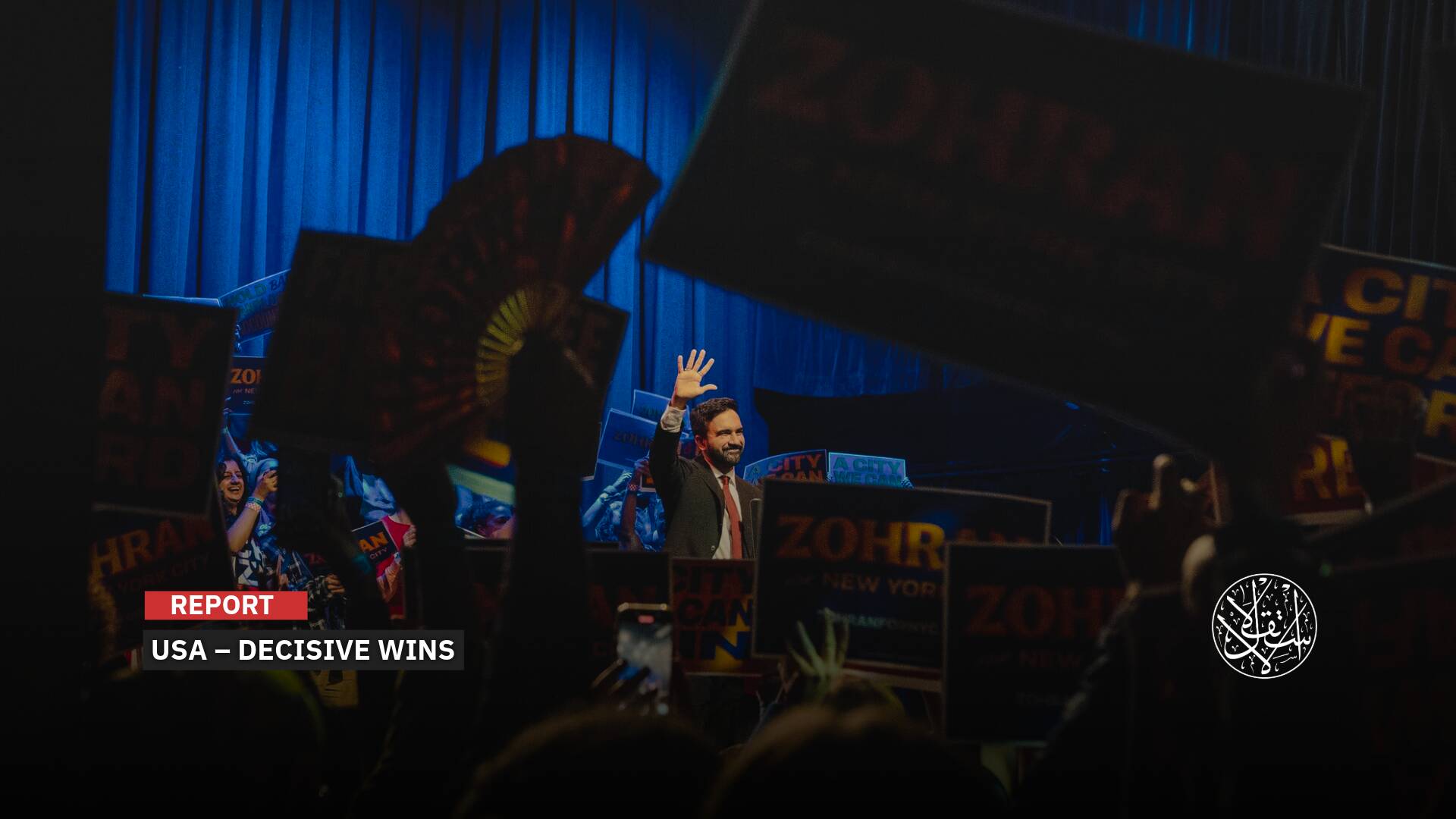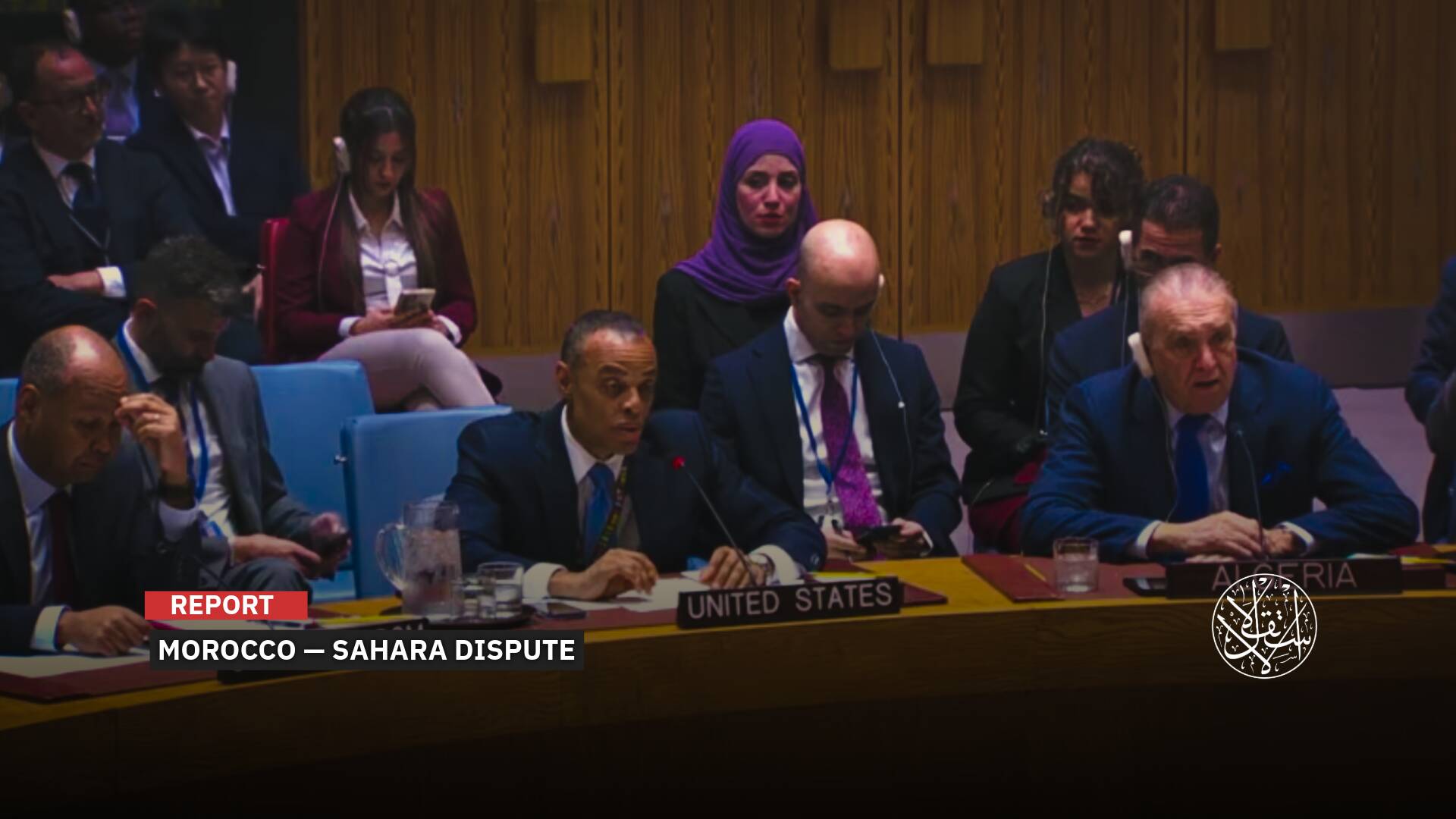Signs of a Crisis: Is India Involved in the Killing of a Sikh Sect Leader on Canadian Soil?

Tensions rose in relations between India and Canada following allegations of India’s involvement in the assassination of a Sikh leader with Canadian citizenship in the province of British Columbia in western Canada last June.
The two governments recently exchanged accusations and took steps to expel diplomats, an indication of a new crisis that may also affect the course of their relations.
The issue led to tension in diplomatic and trade relations between the two countries, as Canada and India suspended talks on a proposed trade agreement.
However, the repercussions of the Canadian accusations may extend beyond the relationship between the two countries, as Canada sought to obtain the support of U.S. President Joe Biden and British Prime Minister Rishi Sunak regarding the investigation into the assassination.
This is embarrassing for both leaders because joining Justin Trudeau in his condemnation of Narendra Modi will make efforts to court India as a way to limit Chinese influence in Asia more difficult.
Canadian police have not arrested anyone in connection with the assassination of Sikh leader Hardeep Singh Nijjar, but police issued a statement last August saying they were now investigating three potential suspects, issued a description of a possible getaway car, and asked for the public’s help.
India has long complained about Sikh activities abroad, warning that it could lead to a separatist movement, specifically in Canada, which has the largest Sikh community outside India in the world.
India’s Involvement
In the latest debates between the two countries, India, in a statement on September 19, rejected allegations by Canadian Prime Minister Justin Trudeau that its government agents were behind the assassination of Sikh leader Hardeep Singh Nijjar, a supporter of the independence of the state of Khalistan in the Indian Punjab region.
The Indian Ministry of External Affairs said in a statement, “Allegations regarding the Indian government’s involvement in any act of violence in Canada are absurd and motivated,” Bloomberg reported.
The Indian government’s statement came a day after Trudeau made statements before the House of Commons in Ottawa, saying: “There are credible allegations of Indian involvement in the killing,” adding that Canada expressed its deep concerns to senior intelligence and security officials in the Indian government.
He added, “Any involvement of a foreign government in the killing of a Canadian citizen on Canadian soil is an unacceptable violation of our sovereignty.”
He noted that he raised these concerns personally and directly with Indian Prime Minister Narendra Modi on the sidelines of the G20 leaders’ meeting in New Delhi on September 10.
The Canadian Prime Minister told lawmakers that his government would pressure India to cooperate in investigations into the assassination of Nijjar, who advocated for an independent Sikh homeland in northwestern India.
According to The Guardian, Trudeau has reliable evidence that India is responsible for the alleged assassination, stressing that Canada adheres to the rule of law and that protecting citizens and defending the country’s sovereignty are essential.
Trudeau indicated that his country’s top priorities are for Canadian law enforcement and security agencies to ensure the permanent safety of all Canadians and to take all necessary steps to hold the perpetrators of the murder accountable, explaining that assassination contradicts the basic rules by which free and democratic societies behave.
This accusation represents a new decline in the already frosty relationship between the two countries, and shortly after Trudeau’s statements, Canadian Foreign Minister Melanie Joly announced the expulsion of the head of the Indian intelligence agency in Canada.
In a mutual reaction, the Indian Foreign Ministry summoned the Canadian High Commissioner on September 19 to inform him of the decision to expel a senior Canadian diplomat residing in the country.

Tense Relations
On September 21, Canada announced a reduction in the number of its diplomats in India due to security concerns, while New Delhi responded by suspending visa services for Canadian citizens, according to a statement from the Department of International Affairs Canada reported by Bloomberg.
BLS International, which runs the Indian visa application centers in Canada, posted an online notice stating that visa services will be suspended indefinitely due to operational reasons effective September 21.
On his part, Indian Foreign Ministry spokesman Arindam Bagchi said: “We have asked Canada to extradite more than 20 people. We want it not to give terrorists safe havens, but to send them to India to face justice.”
Bagchi added in a press conference in the Indian capital, New Delhi: “We saw Canadian diplomatic interference in our internal affairs. Canada condones hate crimes under the pretext of freedom of expression.
“We expect India to provide for the security of our accredited diplomats and consular officers in India, just as we are for theirs,” he stressed.
On September 20, India urged its citizens in Canada and those planning to visit it to be cautious as relations between the two countries deteriorate.
In the same context, recent tensions between New Delhi and Ottawa have received strong reactions, especially from lawmakers from Canada.
The New Democratic Party leader, Jagmeet Singh, who is Sikh, said there must be consequences for the assassination. “To hear the prime minister of Canada corroborate a potential link between a murder of a Canadian citizen on Canadian soil by a foreign government is something I could never have imagined,” he said.
The Conservative leader, Pierre Poilievre, said the allegations, if true, “represent an outrageous affront to Canada,” adding that citizens should be free from extrajudicial killings.
On the trade front, the deterioration in the relationship between India and Canada has been evident for some time. On September 1, Canada said it was pausing trade talks with India, in the days leading up to the G20.
The two countries had previously said that they expected to agree on a trade agreement by the end of 2023, but it was suspended before the G20 summit.
Last week, Canada also postponed sending its trade mission, which was to visit India next October.
In this context, a senior Indian government official told Bloomberg that trade talks with Canada will remain suspended until some political developments are resolved.
Canada did not even make it to the list of India’s top 20 trading partners, but any collapse in trade negotiations would be a blow to India, which is trying to position itself globally as an alternative to China in global supply chains.
With more than $13.7 billion in trade, India was Canada’s 10th largest two-way merchandise trade partner in 2022, Global Affairs Canada spokesperson Jean-Pierre J. Godbout said, adding that Canadian merchandise exports to India totaled $5.3 billion, ranking ninth.
In November 2022, Canada and India reached an agreement to remove the restriction on the number of flights between the two countries, which had previously been limited to 35 flights per week.
Of the more than 800,000 international students in Canada at the end of 2022, 40% were from India, according to Immigration, Refugees and Citizenship Canada data.

Sikh Separatists
Last June 18, Hardeep Singh Nijjar was shot dead by masked gunmen outside a Sikh temple in Surrey, British Columbia, Canada, as he sought to establish an independent Sikh state called Khalistan, separate from the Indian state of Punjab.
Nijjar’s assassination caused shock and outrage in Canada’s large Sikh community.
Nijjar was wanted by the Indian authorities, who classified him as a terrorist in July 2020 and described him as part of a Sikh separatist movement.
He also received warnings from Canadian intelligence about threats against him, according to the World Sikh Organization of Canada, which claimed he was assassinated in a specific shooting.
The Khalistan movement is banned in India, and the government considers it a threat to national security.
A number of groups associated with the movement are listed as terrorist organizations under India’s Unlawful Activities Prevention Act.
India has long demanded that Canada take action against the Sikh independence movement, which is banned in India but has support among the sizable Sikh diaspora populations overseas, including the United Kingdom, Australia, and the United States.
Canada is home to nearly 1.4 million people of Indian ethnic or cultural origin, about 3.7% of the country’s total population, according to the 2021 census.
More than 770,000 people reported their religion as Sikhism, about 2% of Canada’s population, and in 2019, the government designated April as Sikh Heritage Month.
India is the world’s most populous nation, with 1.425 billion people as of April. Sikhs are the majority in the northern state of Punjab state, but only about 1.7% of India’s total population.

On his part, the writer and political analyst Dr. Yasser Saed el-Din said in a statement to Al-Estiklal: “I do not believe that a fairly politically peaceful country like Canada accuses India of this serious charge without having evidence confirming New Delhi’s involvement in this crime.”
He also pointed out that “no Western position was issued in support of Canada in its dispute with India, and the issue was almost completely ignored at the G20 summit held in India recently.”
Dr. Saed el-Din added, “The Indian government’s dealings — if the Canadian accusation is true — with gang mentality in liquidating opposition members on Canadian soil who hold its nationality is something that has been repeated in recent years, especially by dealing with the Muslim minority in India, which is being violently and continuously persecuted.”
Sources
- Canada and India are enmeshed in an unprecedented diplomatic row. Here’s how it happened
- India Suspends Visas, Canada Pulls Diplomats Amid Tensions
- What’s the Sikh Separatist Movement Testing India-Canada Ties
- ‘Credible allegations’ link India to killing of Sikh leader, says Trudeau
- Canada’s accusation against India is a blow for international diplomacy
- A look at Canada and India and their relationship, by the numbers




